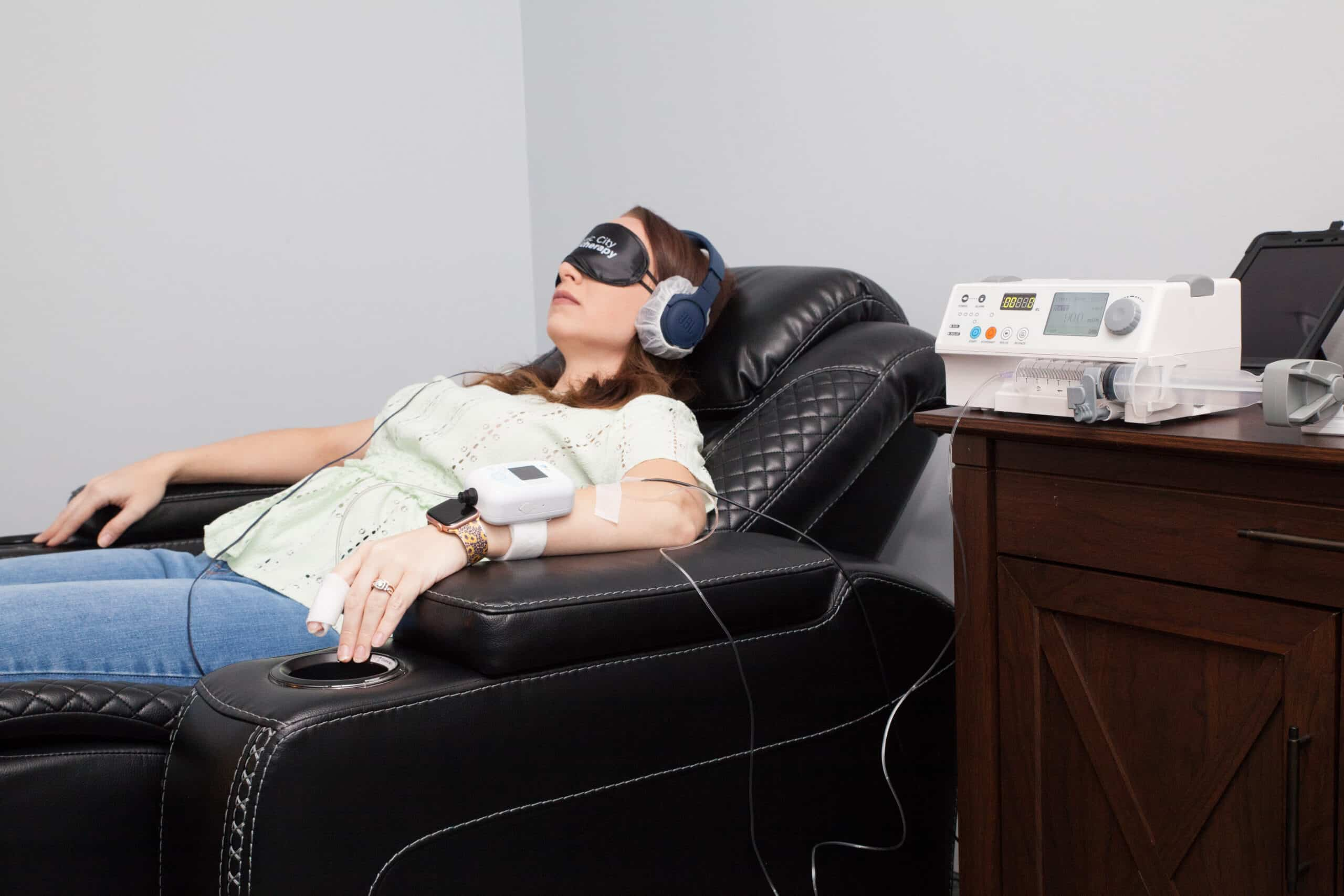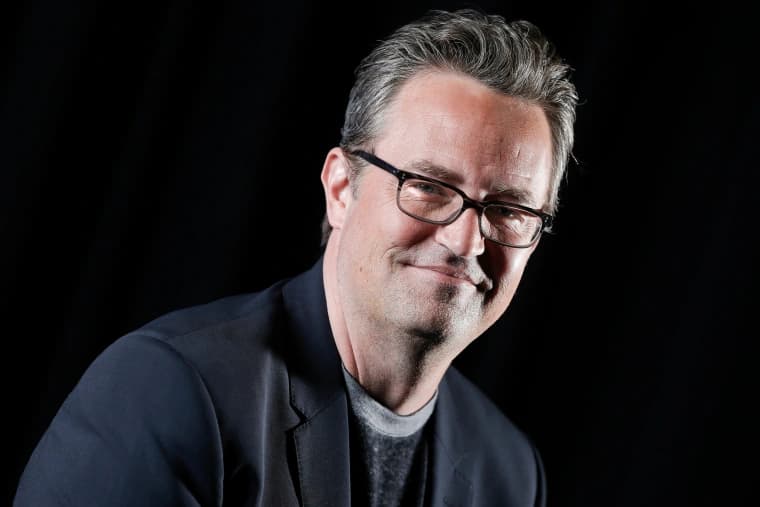In “Embracing Better with PTSD,” we interview Anna McCurdy, a trauma-focused therapist, covering her work with PTSD and how it pairs with the Ketamine Infusion and TMS Therapies offered at Scenic City Neurotherapy. We also welcome Josh, a veteran and special guest, who shares his firsthand experiences with Ketamine Infusion Therapy and PTSD, explored further in this blog post. Listen now on our Research & Resources page.
Seeking Stability After Disappointment in Mental Health Care
Josh, a veteran, battled with PTSD and severe depression for years, trying various medications and treatments with little success. His journey towards healing took a significant turn when his wife found Scenic City Neurotherapy (SCN) after more than a decade of struggles. Despite initial reluctance and skepticism, Josh wound up at our clinic, motivated by the support of his loved ones. Josh shared that he had exhausted a long list of medications and treatment methods that led only to disappointment. He had reached a point of resignation and felt indifferent towards finding relief. However, willing to appease his wife’s determination, Josh decided to give ketamine infusion therapy a try. He completed the Stabilization Phase at our clinic, consisting of six infusions over three weeks.
“It took multiple attempts of not coming or refusing before they got me down there. It’s been the best by far [in terms of] effectiveness on a long term basis,” says Josh.
Navigating the Path to Better Mental Health
Josh didn’t notice immediate changes, but gradually, he began to experience a subtle shift. He described feeling “better” and echoed a phrase frequently employed at SCN, indicating progress rather than perfection.
“We use the term better a lot. Better doesn’t always mean good. It means better than it was. Less bad. We’re moving things forward, but better is the goal,” says Charles Miller, CMO and Founder of SCN.
Josh’s healing journey was not always smooth, nor was it always “better.” But two undeniable facts remained: he was not constantly consumed with negativity, and he did not constantly hate everything. Josh slowly progressed to enjoying things he once hated and explained that, while it took time, he does not know how he used to think previously. Charles Miller elaborated on Josh’s progress, emphasizing the importance of incremental improvements. He noted a significant moment when Josh decided to trash a chair symbolically tied to his struggles. This choice, motivated by his own determination, marked an important step towards regaining control over his life.
“One of the things that we always struggled with was this chair at home. It was his chair, and he would always go back to the chair because one of his outlets was just to get lost in video games… Well, we noticed that he had pain attached to his PTSD, and the worse the symptoms of PTSD got, the more the pain would increase. Every time he would get back in the chair and play video games, he felt this pain. He [Josh] identified this. I did not. It was to the point that his wife came in, said he’d thrown the chair out, and that she used that chair too. She said, ‘So now we don’t have that chair.’ It was the best thing he ever did because HE made the change. He removed the barrier. It was symbolic,” said Charles Miller.
Sustaining Mental Health for the Long Term
Josh’s dedication to getting better did not go unnoticed. Charles praised his resilience, highlighting his transition from a nonfunctional state to leading a fulfilling life. Regular exercise became a part of Josh’s routine, and his wife expressed joy in having her husband back. In addition to his podcast interview, Josh shared his experience with me directly, stating, “Skip forward to about a year after I started treatments with Scenic City Neurotherapy. I made more improvement in that one year than the other six combined that I depended on alternative modalities.”
To this day, Josh remains committed to his mental health, understanding that it is a lifelong journey. He’s attuned to the signs—feelings of anxiety, overwhelming stress, worthlessness, and suicidal ideation—that prompt him to schedule booster infusions. The boosters help address these signs of his mental health symptoms returning, ensuring they do not become more severe or reoccurring.
“It’s [booster infusion] going to do what it does whether I want it to or not… I can use that to focus on my coping mechanisms,” says Josh. With ketamine infusion therapy and positive coping mechanisms as his tools, Josh knows that he is equipped to confront life’s challenges head-on.
In sharing his story, Josh hopes to inspire others battling similar demons, reminding them that healing is possible with perseverance and the right support system. His story sheds light on the road to managing and overcoming symptoms of PTSD and depression.
In the wise words of Josh, “Start getting out of your own way.”
Ready to Take the First Step?
Scenic City Neurotherapy is a trusted VA Community Care Provider. All veterans with a VA referral receive coverage for the cost of care. Our treatments do not require medication trials for coverage. To receive coverage, a VA referral is necessary to consult with our providers, and to begin treatment with Scenic City Neurotherapy. If you do not have one yet, we recommend reaching out to your local VA medical center to get started on this crucial first step.
Upon receiving your VA referral, we will contact you to schedule a consultation.










